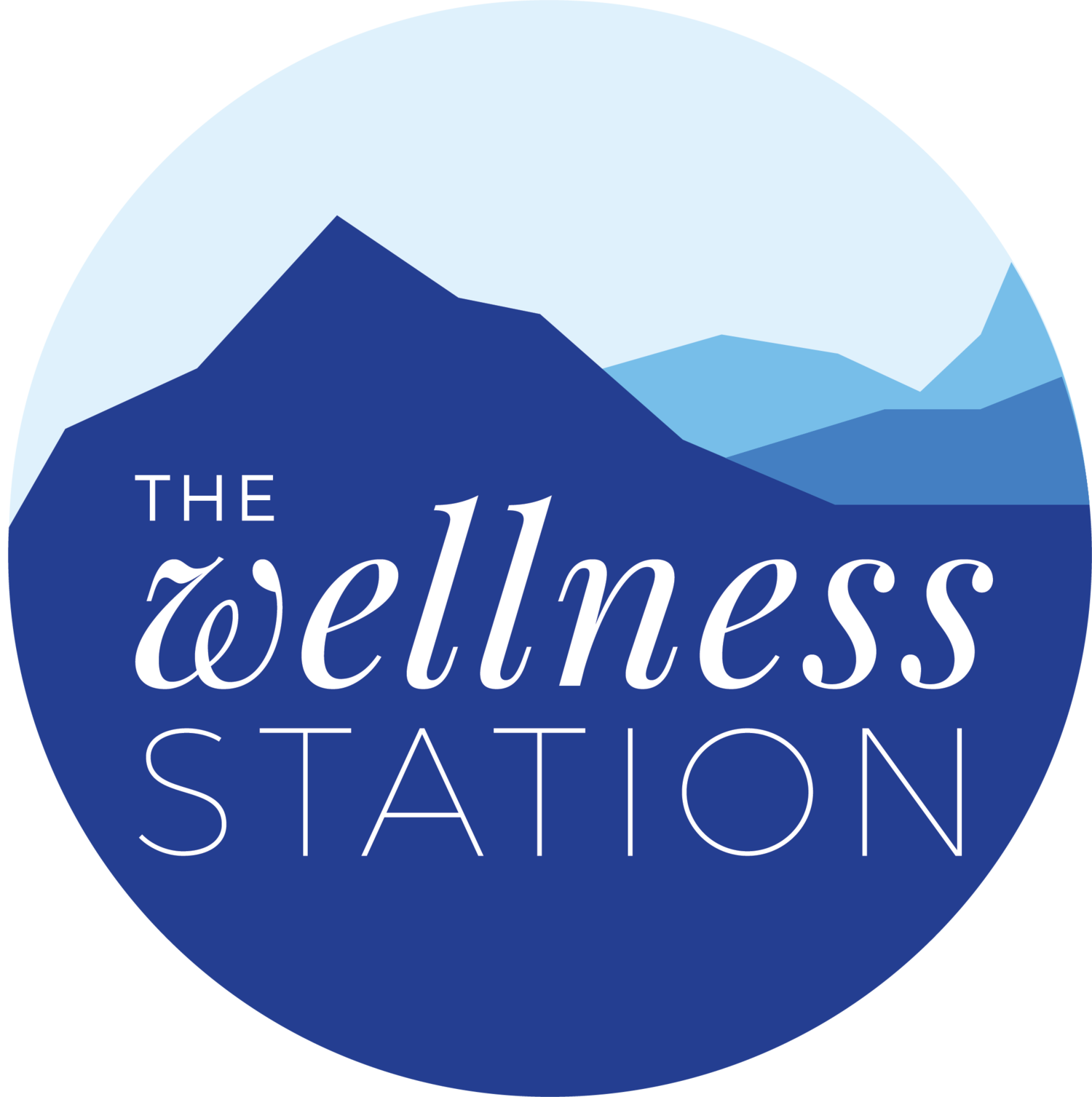A keen sense of balance is crucial for a full and healthy life. Our balance tends to decline as we age, but we can prevent this decline and even improve our balance over time if we equip ourselves with knowledge and targeted exercises.
Many people don’t realize that their balance has gotten significantly worse until they are put into a situation that reveals it. Older individuals may realize they are no longer able to get up and down from the floor, especially if they have nothing to hold on to. Or perhaps standing on one leg is no longer an option. Maybe we have become a “furniture walker”, always looking for the next piece of furniture to touch as we walk around. As balance declines, one’s life can get smaller and smaller, as fear of falling begins to impact decision making.
What controls our balance?
Our balance is an extremely complex interaction between many physiological, psychological, and environmental factors.
Physiologically speaking, balance depends on the strength and responsiveness of our neuromuscular system. How quickly, and with how much force are we able to respond to perturbations? Do we have the strength in our legs to balance on one of them, or the reaction time to catch ourselves if we fall?
Balance also depends on our somatosensory system, which are sensations that we receive and process from our skin, muscles, and joints. The ability to feel our feet on the ground, as well as the sense of proprioception (sensing the position of our joints in space) help us to stay balanced. This is why individuals with peripheral neuropathy (loss of sensation particularly in feet) have great challenges with their balance, because they can’t feel their feet too well.
Our vestibular system also controls our balance. This is the system in our inner ear that provides information to our brain regarding head position, motion, and orientation in space. We all know the feeling of being dizzy, perhaps due to a medication that affects the vestibular system, an amusement park ride that tosses your head around, or seasickness. When the vestibular system is impaired, balance is impaired.
Vision is a prime component of our balance system. This is why it is harder to balance in the dark, or with your eyes closed! However, some people become overly reliant on their vision for balance, and find themselves looking at the ground when they walk, as opposed to appropriately integrating information from the other systems. This is related to posture, as many people will adopt a stooped posture over time if frequently looking at the ground to maintain balance. Training your posture and training your balance can go hand in hand!
Psychological factors also greatly impact our balance. Of course, if we are feeling crummy, or perhaps are not well-rested, our balance will be worse. More significantly is the confidence we have in our balance. Any athlete will recognize the negative impact of anxiety/nervousness on performance, particularly in sports that require a keen sense of balance (e.g. gymnastics). Lacking confidence and having a fear of falling is actually the most significant predictor of a fall! Studies have shown that those with a fear of falling have more than twice the risk of falling than those who do not have this fear. With this fear comes diminished activity overtime. With diminished activity, a downwards spiral is set in motion that will negatively impact the functioning of all body systems.
Environmental factors also impact balance. What environment are we in, and how are we relative to our environment? Our base of support, and how we are able to keep our center of gravity balanced over our base of support will determine our stability (e.g. standing with your feet wide apart is far more balanced than standing on a tightrope).
The ground we are on will impact the position of our joints and contribute to perturbations that could throw us off center (e.g. sinking into the sand, walking on uneven rocks and roots, slippery ice, etc.) Additionally, disturbances from our environment (e.g. crowds with people rushing past you and bumping into you, high winds, loud noises) can create disorientation and perturbations that can throw us off center. In general, the less familiar we are with the territory in which we are engaging with, the worse our balance.
At the Wellness Station, we can help you recognize and make changes in the factors that could be impacting your balance. We will provide you with individualized recommendations and movement lessons to help you improve your balance, your confidence in yourself, and your ability to continue to do what you love.
See Part II next month for specific strategies to improve your balance over time.
Written by Jacob Tyson, DPT - Physical Therapist, Yoga Instructor and The Wellness Station Team
References:
Images:







